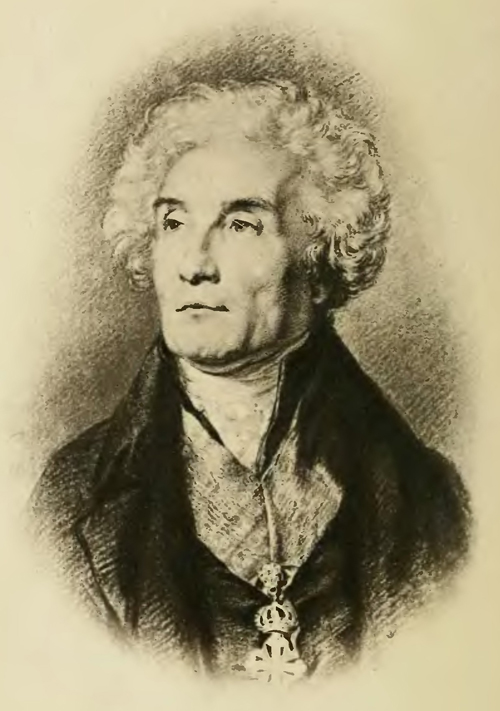
Your complimentary articles
You’ve read one of your four complimentary articles for this month.
You can read four articles free per month. To have complete access to the thousands of philosophy articles on this site, please
Philosophical Haiku
Joseph de Maistre (1753-1821)
by Terence Green
Depraved humankind:
Wretched, lawless, and Godless,
Behold the hangman!

There are few philosophers as delightfully loathsome as Joseph Marie, Comte de Maistre. He was born a Catholic, and perhaps drew his cheerful view of humanity from that. But literary flair coupled with his obvious relish for the details of human depravity and suffering make his writings much fun. He took the idea of fallen humankind to new heights. As he writes: “from the maggot up to man, the universal law of the violent destruction of living things is unceasingly fulfilled” (St Petersburg Dialogues, 1821). Indeed it is. There’s more: “The entire earth, perpetually steeped in blood, is nothing but an immense altar on which every living thing must be immolated without end.” Quite so.
As a French Count, de Maistre had an especial hatred for the French Revolution. He wrote that the revolution was God’s way of punishing the French for killing their king and embracing the satanic doctrines of the Enlightenment. “Every drop of Louis XVI’s blood will cost torrents of French blood,” he gleefully chuckled, before adding that only the “horrible effusion of human blood occasioned by this great upheaval” would cleanse the sins of the French. Fools like Robespierre, who thought they had made the Revolution, were just the tools by which God carried out the punishment of the French for regicide.
With these moderate views in mind, it comes as no surprise to learn that de Maistre believed that the executioner was the central pillar of human society: it is only the knowledge that our transgressions will be severely punished that keeps us in check. It’s true. If it wasn’t for the threat of punishment, I’d be a lawless vagabond. In a later work, Du Pape (On the Pope, 1819), he said that civilisation’s only hope was to embrace the papacy as the source of all legitimate political power on earth – an idea which is still yet to catch on. Given the debauched and more or less Godless state of affairs at present, poor old Joseph is presumably whirling like a dervish in his grave.
© Terence Green 2023
Terence Green is a writer, historian, and lecturer who lives in Eastbourne, New Zealand.









